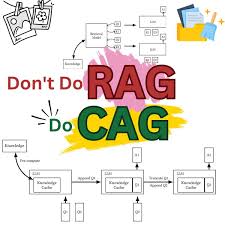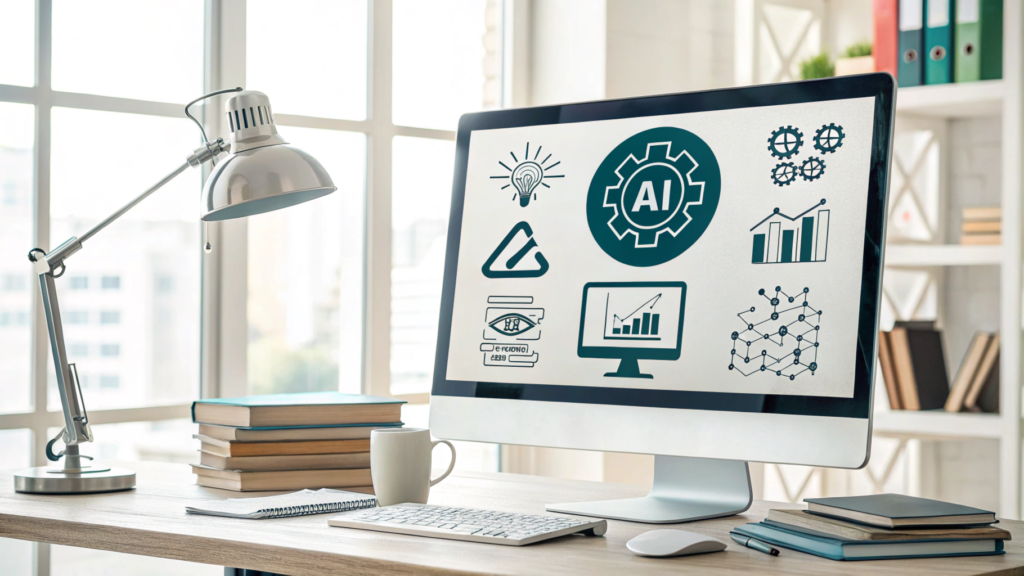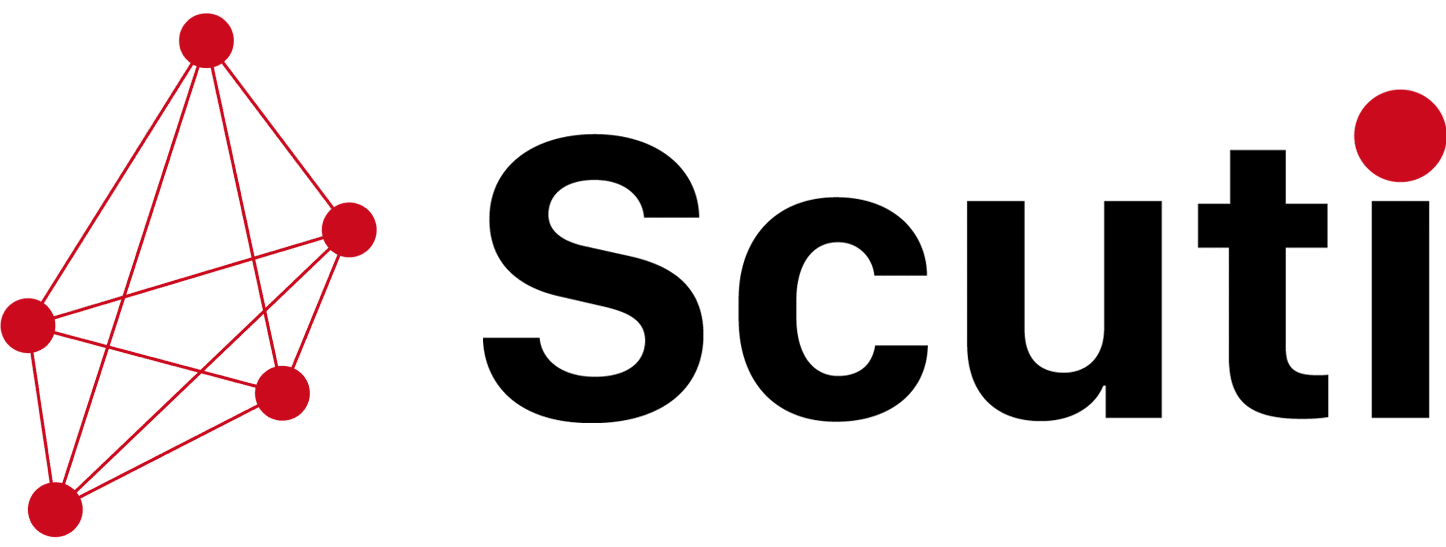

Are you struggling with AI models that give you inaccurate or unreliable information? It’s frustrating when large language models (LLMs) hallucinate or miss important details. But what if AI could reason and retrieve information like a human expert? Microsoft AI introduces CoRAG (Chain-of-Retrieval Augmented Generation), an AI framework designed for iterative retrieval and reasoning in knowledge-intensive tasks. This innovative approach dynamically reformulates queries and enhances accuracy. In this article, we’ll explore how CoRAG works, its benefits, and why it’s a game-changer for factual, grounded AI.
CoRAG: What is Chain-of-Retrieval?

Understanding CoRAG’s Core Concept
CoRAG, or Chain-of-Retrieval Augmented Generation, is a method developed by researchers from Microsoft Corporation and Renmin University of China. It aims to train Retrieval-Augmented Generation (RAG) models to iteratively retrieve and reason before generating answers. Unlike conventional RAG systems, CoRAG dynamically reformulates queries based on the evolving reasoning state. This iterative process allows the model to delve deeper into the knowledge base and refine its understanding of the query. CoRAG represents a significant advancement in the field of AI, offering a more robust and reliable approach to knowledge-intensive tasks.
By enabling models to iteratively retrieve and reason, CoRAG addresses the limitations of traditional RAG systems, which often struggle with complex or multi-hop queries. The framework’s ability to dynamically reformulate queries based on the evolving reasoning state allows for a more nuanced and accurate understanding of the information being sought. This iterative process helps address retrieval bottlenecks and improve performance on benchmarks and in real-world applications, marking a crucial step towards more trustworthy and factual AI. CoRAG supports diverse decoding strategies and adjusts test-time retrieval dynamically, further enhancing its adaptability.
Why CoRAG is a Game Changer
Traditional foundation models are trained on massive datasets and remain static post-deployment. CoRAG, however, enhances reliability by incorporating real-time or domain-specific information during the generation process. This integration addresses common issues such as hallucinations or gaps in long-tail factual knowledge. By allowing the AI to retrieve and reason in a chain-like manner, CoRAG achieves state-of-the-art results on benchmarks like KILT, particularly excelling in multi-hop reasoning tasks by addressing retrieval bottlenecks. This is because CoRAG’s dynamic query reformulation allows it to overcome the limitations of a single retrieval step, a common bottleneck in traditional RAG systems.
Recent advancements in RAG have introduced iterative retrieval-generation methods to overcome the limitations of a single retrieval step. Approaches like FLARE and ITER-RETGEN enable models to decide when and what to retrieve during generation, enhancing performance in complex reasoning tasks. Methods like IRCoT adopt chain-of-thought reasoning, refining retrieval steps recursively, while Self-RAG integrates retrieval, generation, and critique for improved factual accuracy. CoRAG builds upon these advancements by providing a comprehensive framework for training models to iteratively retrieve and reason, resulting in more grounded and factual AI models.
CoRAG vs. Conventional RAG Systems
Conventional RAG systems typically follow a sequential pipeline where retrieved information is provided as input to the generative model. The overall performance depends heavily on the quality of the retrieval process. CoRAG, conversely, dynamically reformulates queries during retrieval, enhancing accuracy. It supports diverse decoding strategies, adjusts test-time retrieval dynamically, and demonstrates robustness to varying retriever quality. This offers a pathway to more grounded and factual AI models. To ensure scalability, dense retrievers often use bi-encoder architectures for compressing documents and queries into fixed-size vectors, enabling efficient search algorithms.
However, this efficiency comes at the cost of reduced flexibility for handling complex or multi-hop queries, which require iterative reasoning and retrieval steps based on dynamically evolving information. CoRAG addresses this limitation by incorporating iterative retrieval and reasoning steps, allowing it to handle more complex queries with greater accuracy and achieve state-of-the-art results on benchmarks like KILT.
How CoRAG Works: Key Components

Retrieval Chain Generation
Retrieval chains are generated using rejection sampling. Intermediate sub-queries and sub-answers are iteratively formed, and the chain with the highest log-likelihood score is selected to augment datasets. This process helps the model learn how to break down complex queries into smaller, more manageable parts.
The CoRAG framework enhances RAG models through three key components: retrieval chain generation, model training, and test-time scaling strategies. This approach uses rejection sampling to augment datasets with intermediate retrieval chains, enabling fine-tuning of open-source models. The retrieval chains are automatically generated using rejection sampling, eliminating the need for manual annotations. The model iteratively forms sub-queries and sub-answers, selecting the chain with the highest log-likelihood score to augment the datasets.
Model Training with Augmented Datasets
Using a multi-task learning framework, the model is trained on these augmented datasets for sub-query, sub-answer, and final answer prediction. This approach ensures that the model not only retrieves relevant information but also understands how to use it to generate accurate and coherent responses.
CoRAG supports diverse decoding strategies and adjusts test-time retrieval dynamically. This is done using a multi-task learning framework, where the model learns to predict sub-queries, sub-answers, and final answers based on the augmented datasets. This comprehensive training regime is crucial for ensuring that the model not only retrieves relevant information but also understands how to effectively utilize it in generating coherent and accurate responses. By learning to predict intermediate steps, the model develops a deeper understanding of the underlying reasoning process, enabling it to handle complex queries with greater precision and enhancing accuracy.
Test-Time Scaling Strategies
At test time, decoding strategies like greedy decoding, best-of-N sampling, and tree search allow for controlling token consumption and retrieval steps. These approaches optimize the trade-off between performance and compute efficiency. The ability to adjust test-time retrieval dynamically allows CoRAG to adapt to varying retriever quality and task demands. This is a significant advantage over traditional RAG systems, which often rely on a fixed retrieval strategy. Scaling test-time computing has also been explored to boost RAG performance, with strategies such as retrieving more documents or using long-context LLMs, as seen in LongRAG and IterDRAG.
Tree-of-Thought (ToT) and STaR extend reasoning capabilities by leveraging structured exploration and intermediate training states, though these approaches increase token consumption and response latency. CoRAG seeks to balance performance with efficiency through adaptive decoding strategies that optimize token consumption and retrieval steps. These include greedy decoding, best-of-N sampling, and tree search.
CoRAG’s Performance: Evaluation and Results

Benchmarks Used for Evaluation
The evaluation of CoRAG was conducted using two benchmarks:
- Multi-hop QA datasets, including 2WikiMultihopQA, HotpotQA, Bamboogle, and MuSiQue, to test multi-hop reasoning.
- The KILT benchmark for generalization across knowledge-intensive tasks.
These benchmarks provide a comprehensive assessment of CoRAG’s capabilities across a range of tasks. Multi-hop QA datasets are particularly important for evaluating the model’s ability to reason and synthesize information from multiple sources. The KILT benchmark, on the other hand, assesses the model’s ability to generalize across a variety of knowledge-intensive tasks, providing a measure of its overall versatility and robustness.
Fine-tuning and Outperformance
Fine-tuning was performed on Llama-3.1-8B-Instruct using retrieval chain-augmented datasets. CoRAG-8B significantly outperformed baselines in most multi-hop QA datasets. In the KILT benchmark, CoRAG achieved state-of-the-art performance across tasks. Specifically, CoRAG achieved state-of-the-art results on multi-hop QA datasets and the KILT benchmark, outperforming larger models. The evaluation of CoRAG was conducted using two benchmarks: (1) multi-hop QA datasets, including 2WikiMultihopQA, HotpotQA, Bamboogle, and MuSiQue, to test multi-hop reasoning, and (2) the KILT benchmark for generalization across knowledge-intensive tasks. Fine-tuning was performed on Llama-3.1-8B-Instruct using retrieval chain-augmented datasets.
CoRAG-8B significantly outperformed baselines in most multi-hop QA datasets, except Bamboogle, where limited instances and outdated retrieval data caused variability. In the KILT benchmark, CoRAG achieved state-of-the-art performance across tasks, except for FEVER, where a larger model slightly surpassed it. CoRAG achieves state-of-the-art results on benchmarks like KILT, particularly excelling in multi-hop reasoning tasks by addressing retrieval bottlenecks.
Scaling and Generalization Capabilities
Performance scaling experiments showed improvements with increased retrieval chain lengths and sampling strategies. Detailed analysis highlights its scaling and generalization capabilities, paving the way for advancing factual, grounded, and trustworthy AI systems in challenging tasks. The researchers from Microsoft Corporation and the Renmin University of China introduced CoRAG (Chain-of-Retrieval Augmented Generation), a method for training RAG models to iteratively retrieve and reason before generating answers.
Unlike traditional RAG methods that rely on a single retrieval step, CoRAG dynamically reformulates queries during retrieval, enhancing accuracy. This ability to scale and generalize is crucial for deploying AI systems in real-world scenarios, where they are likely to encounter a wide range of tasks and data distributions.
At test time, adaptive decoding strategies balance performance with computational efficiency, and intermediate retrieval chains are automatically generated using rejection sampling, eliminating the need for manual annotations. Performance scaling experiments showed improvements with increased retrieval chain lengths and sampling strategies. Detailed analysis highlights its scaling and generalization capabilities.
Benefits of CoRAG

Enhanced Accuracy and Groundedness
CoRAG dynamically reformulates queries during retrieval, enhancing accuracy. Intermediate retrieval chains are automatically generated using rejection sampling, eliminating the need for manual annotations. The CoRAG framework enhances RAG models through three key components: retrieval chain generation, model training, and test-time scaling strategies. Retrieval chains are generated using rejection sampling, where intermediate sub-queries and sub-answers are iteratively formed, and the chain with the highest log-likelihood score is selected to augment datasets. This iterative refinement ensures that the generated responses are not only accurate but also firmly grounded in the retrieved information.
Computational Efficiency
At test time, adaptive decoding strategies balance performance with computational efficiency, making CoRAG a practical solution for real-world applications. These approaches optimize the trade-off between performance and compute efficiency. These approaches allow for controlling token consumption and retrieval steps at test time. By dynamically adjusting the retrieval process and optimizing the decoding strategies, CoRAG achieves a balance between accuracy and computational cost.
State-of-the-Art Results
CoRAG achieves state-of-the-art results on multi-hop QA datasets and the KILT benchmark, outperforming larger models. CoRAG-8B significantly outperformed baselines in most multi-hop QA datasets, except Bamboogle, where limited instances and outdated retrieval data caused variability. In the KILT benchmark, CoRAG achieved state-of-the-art performance across tasks, except for FEVER, where a larger model slightly surpassed it. This highlights the effectiveness of CoRAG in tackling complex, knowledge-intensive tasks and its potential to surpass even larger models in terms of performance.
Future Implications of CoRAG

Paving the Way for Trustworthy AI
CoRAG offers a pathway to more grounded and factual AI models. It achieves state-of-the-art results on benchmarks like KILT, particularly excelling in multi-hop reasoning tasks by addressing retrieval bottlenecks. By addressing the retrieval bottlenecks and hallucination problems CoRAG contributes significantly to the field of trustworthy AI. The ability to dynamically reformulate queries and iteratively refine the retrieval process ensures that the generated responses are not only accurate but also grounded in reliable information sources.
Advancing Factual and Grounded AI Systems
The study presents CoRAG, a framework that trains LLMs to retrieve and reason through complex queries iteratively. Unlike traditional RAG methods that rely on a single retrieval step, CoRAG dynamically reformulates queries during retrieval, enhancing accuracy. Detailed analysis highlights its scaling and generalization capabilities, paving the way for advancing factual, grounded, and trustworthy AI systems in challenging tasks. This research demonstrates how to advance factual, grounded, and trustworthy AI systems, ultimately leading to more reliable and beneficial AI applications in various domains. CoRAG demonstrates robustness to varying retriever quality.
